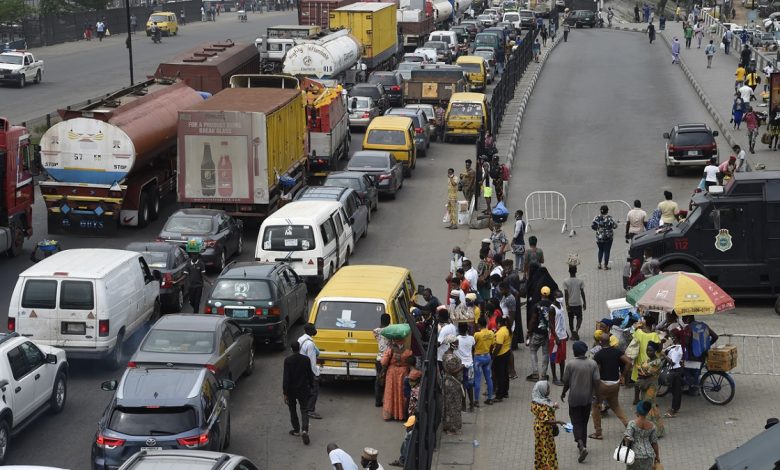
As Nigeria grapples with significant economic challenges, an increasing number of middle-class citizens are declining phone calls from friends and relatives, due to increasing requests for financial assistance.
The middle class, often perceived as the financial backbone of many families, is bearing the brunt of economic challenges.
Inflation, which hit 33.9% in October 2024, coupled with high unemployment rates and surging costs of basic commodities, has left many financially stretched.
This has turned them into targets for frequent monetary requests from extended family and friends seeking relief.
The trend of avoiding calls has become a survival mechanism for many. Conversations now commonly include laments about the growing frequency of financial pleas, which range from school fees and medical bills to daily necessities like food and transportation.
“People assume because you’re employed, you’re financially secure. They don’t consider your own responsibilities,” one respondent told Business Day.
For Onyewuchi Akagbule, a senior lecturer at the Nnamdi Azikiwe University, Awka, ignoring calls to fend off callers seeking assistance is a trend now and also a function of economic hardship.
According to him, with a 33.9 per cent inflation in October, from 32.7 per cent in September, amid the anticipation of further rise, the purchasing power of many Nigerians is dwindling daily, hence many now beg for assistance from people, especially to meet the escalating food prices.
“As an economist, the reality in a persisting inflation period like we have in Nigeria now, is being frugal. To survive, people have to adjust to the situation and the increasing pressure from the high cost of living.
“That adjustment includes ignoring calls that will take money from your pocket, instead of adding to it.
“Some tech-savvy people even have settings on their phones that keep telling you they are unreachable, whereas, they are.
“The economy is biting harder on everyone including the so-called rich people, because their billions have been reduced to paper by the persistent inflation and the devaluation of Naira.
“So, the many ignored calls are a reflection of the economic hardship,” he said.
Others have shared stories of guilt associated with ignoring calls but argue that they have no choice as they are overwhelmed with their financial burdens.
This phenomenon is challenging traditional Nigerian values of communal support and family reliance.
While extended families have historically been safety nets during hard times, the current economic pressures are stretching these networks to breaking points.
Financial analysts and sociologists have weighed in, noting that while avoiding calls is seen as pragmatic, it risks eroding trust and goodwill in social relationships. Furthermore, some fear it may foster long-term alienation within families and communities.
Experts suggest that while individuals must protect their financial stability, fostering transparent communication about economic realities with loved ones could help manage expectations.
